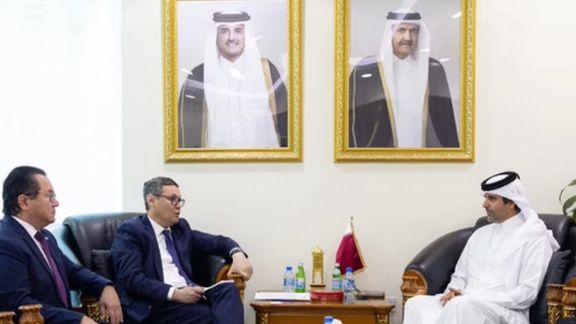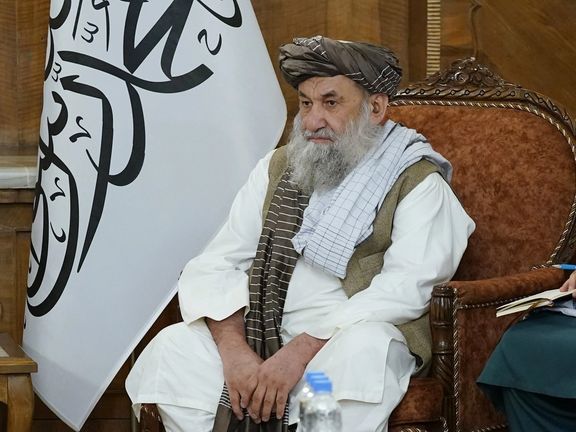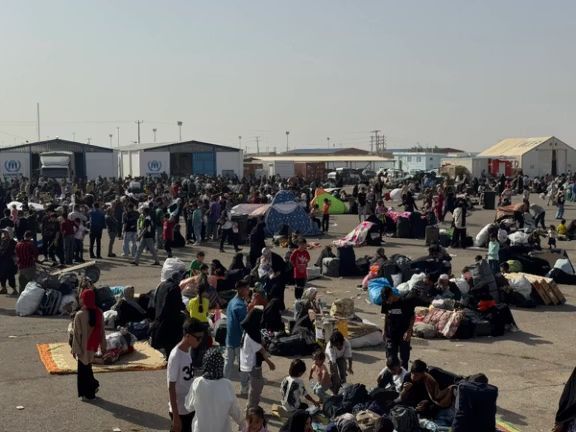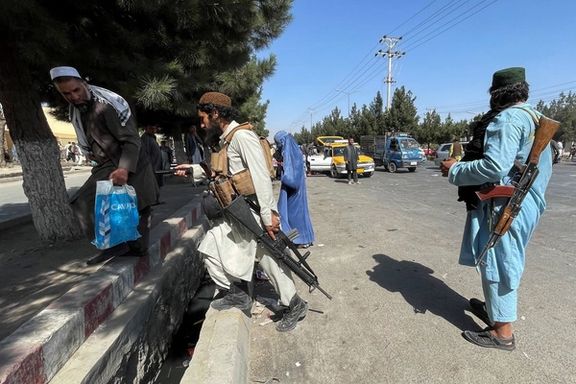In a statement, the rights group said the suspension of telecommunications services has disrupted commerce, media, health care and schooling.
“The Taliban’s moves to cut internet access harm the livelihoods of millions of Afghans and deprive them of their basic rights to education, health care and access to information,” said Fereshta Abbasi, HRW’s Afghanistan researcher. She urged the Taliban to end what she called a baselessly justified blackout.
The Taliban cut off internet and telecom services across the country on Monday evening, effectively shutting down businesses, airports, aid operations and television networks. Online classes, considered the last option for girls barred from schools and universities, have been halted.
A university lecturer told HRW that out of 28 students enrolled in his course, including 18 women, only nine managed to connect. The group said the blackout further isolates women and girls and closes off one of the few remaining avenues for learning, online work and access to services.
Activists warned the shutdown undermines community support programmes, particularly women-led initiatives. Journalists told HRW they have been unable to make domestic or international calls, even through platforms such as WhatsApp and Signal. Aid agencies also reported severe disruptions to relief efforts, which rely on connectivity for coordination.
“This is another crisis on top of the existing crises, and the impact is going to be on the lives of Afghan people,” said Indrika Ratwatte, the UN’s humanitarian coordinator in Afghanistan.
HRW stressed that access to the internet is widely recognised as essential for the realisation of human rights. The UN Human Rights Office has previously warned that shutdowns can undermine freedom of expression, political participation, safety, education, work and health, while worsening social and gender inequalities.
Abbasi said Afghans were already isolated from the world, but the blackout has “completely cut them off.” She added: “The longer the Taliban internet shutdowns continue, the more harmful the consequences for both the people and the country.”






